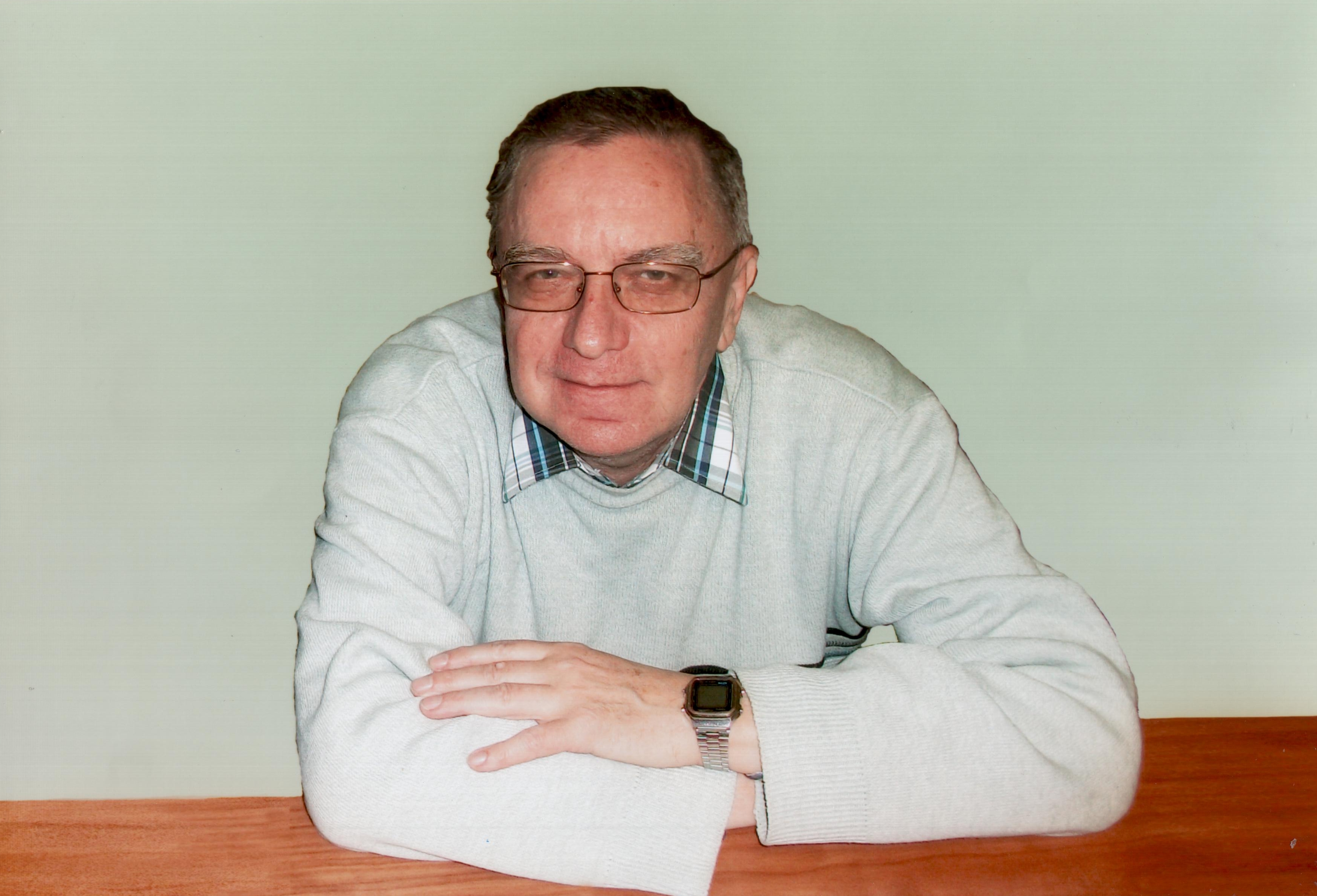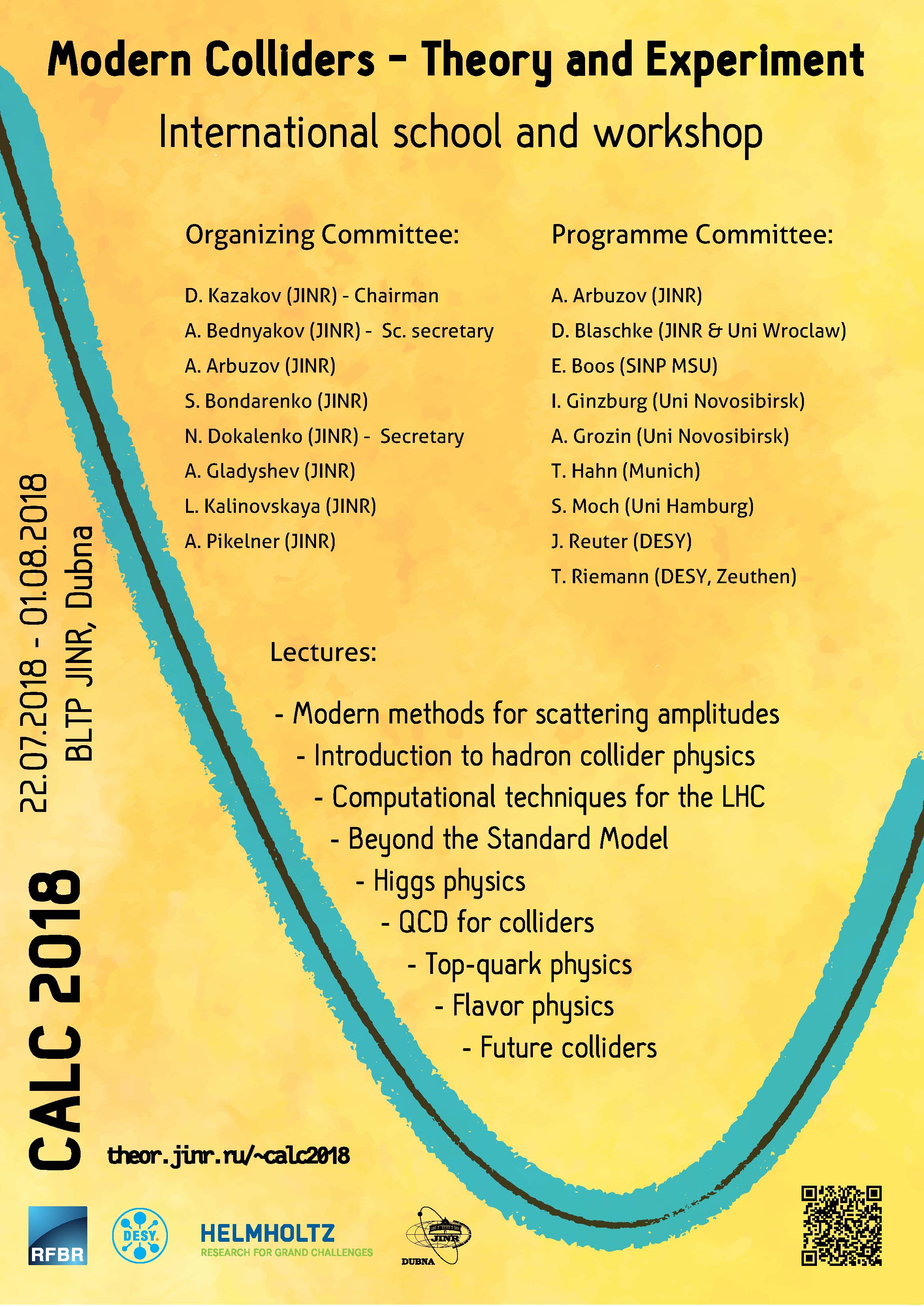Helmholtz International School starts
News, 20 July 2018
On 23 July 2018, the Helmholtz International Summer School “Modern Colliders – Theory and Experiment 2018” will be launched in the International Conference Hall in Dubna. Simultaneously with the School, the Workshop “Calculations for Modern and Future Colliders” (CALC2018) will be held.
The School is organized by the Bogoliubov Laboratory of Theoretical Physics JINR jointly with the Helmholtz Association (Germany).
The present School is dedicated to the memory of Bardin Dmitry Yurievich (19.04.1945, Moscow — 30.06.2017, Dubna), an outstanding scientist, a theoretical physicist who worked in the fields of high energy physics and particle physics, Doctor of Physics and Mathematics, a JINR leading researcher, Professor of the Moscow State University. The primary specialization: precision calculations of electroweak interactions, testing and verification of the Standard Model. He published more than 700 scientific papers with a high citation index. Moreover, some articles prepared in the frames of the ATLAS collaboration have the citation index exceeding 1000 of citations.
The School programme will be opened by the memorial day of D.Yu. Bardin, on which his friends and colleagues will carry their reports devoted to scientific research of this brilliant scientist and memories of him.
The main topics of the Helmholtz International School to be covered by the lectures are:
- Introduction to hadron collider physics
- Higgs physics
- QCD for colliders
- Top-quark physics
- Beyond the Standard Model
- Computational techniques for the LHC
- Modern computational methods for scattering amplitudes
- Flavor physics
- Future colliders
At the CALC2018 workshop participants are proposed to provide reports on the following topics:
- Precision theoretical calculations for collider experiments
- Techniques of multiloop calculations and resummation
- Computer codes for calculations in HEP
- Theoretical predictions beyond the Standard Model
- Modern computational methods for scattering amplitudes

